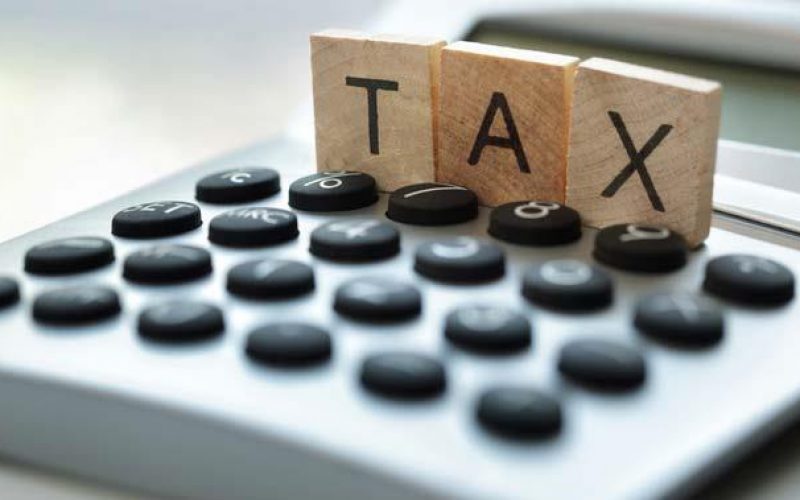The Federal Inland Revenue Service (FIRS) has officially announced the postponement of the implementation guidelines for the value-added tax (VAT) simplified compliance regime concerning the supply of low-value goods through digital means by non-resident suppliers. The decision to delay implementation is intended to provide the Service with additional time to finalize the development of a seamless process for the efficient collection and remittance of the tax.
In a statement, the FIRS noted that the postponement is a strategic move to ensure the effectiveness and efficiency of the process, emphasizing the importance of a well-developed framework for the collection and remittance of taxes on goods supplied through digital platforms by non-resident suppliers.
The Service expressed its commitment to ongoing engagement with stakeholders to facilitate a smooth and effective development and implementation of the guidelines in due course. It assured stakeholders that the new timeline would allow for the establishment of a comprehensive and streamlined process for handling the taxation of low-value goods supplied digitally.
While the postponement affects the implementation of the guidelines specifically related to the supply of goods, the FIRS clarified that the guidelines for the supply of services and intangibles by non-residents, which commenced on January 1, 2022, remain unaffected. Non-resident suppliers of services and intangibles are urged to continue complying with the existing provisions of the guidelines regarding the collection and remittance of VAT.
“The implementation of the Guidelines on Simplified Compliance Regime on Value Added Tax (VAT) for non-resident suppliers of goods to Nigeria through digital platforms, scheduled to commence from 1st January 2024, has been postponed,” added the statement.
This decision aims to facilitate a smooth transition and comprehensive understanding of the guidelines, ensuring that both tax authorities and non-resident suppliers are adequately prepared for the forthcoming changes in the tax compliance landscape for low-value goods supplied through digital channels in Nigeria.















